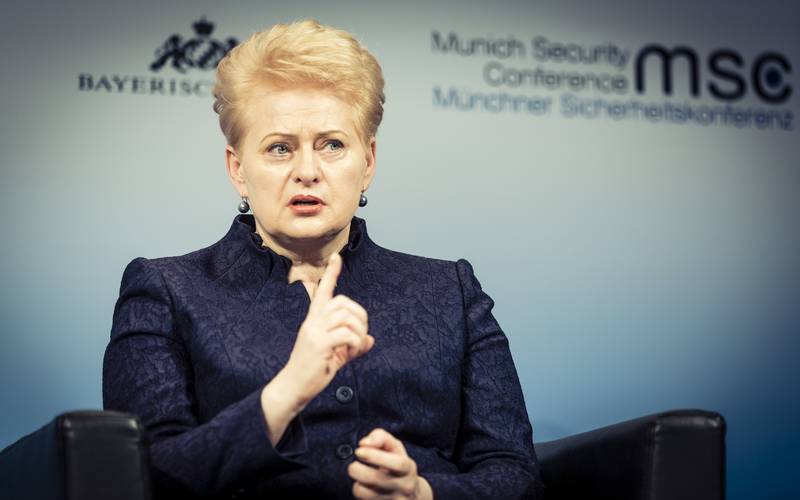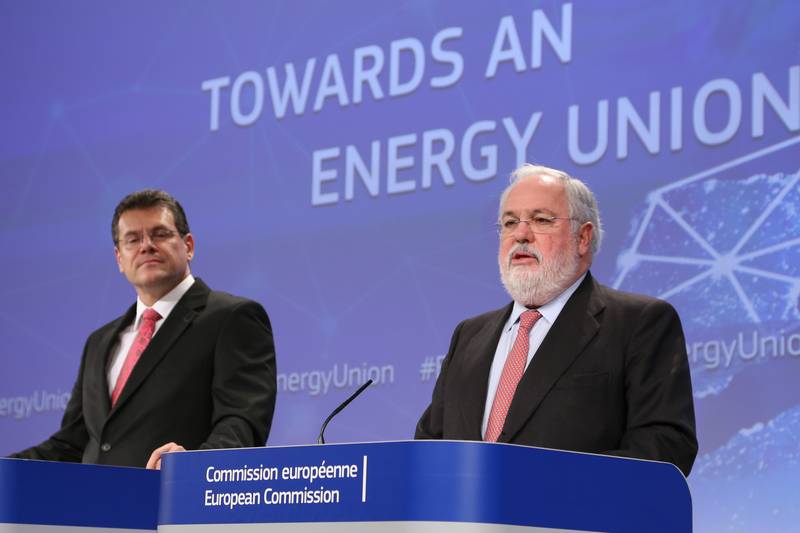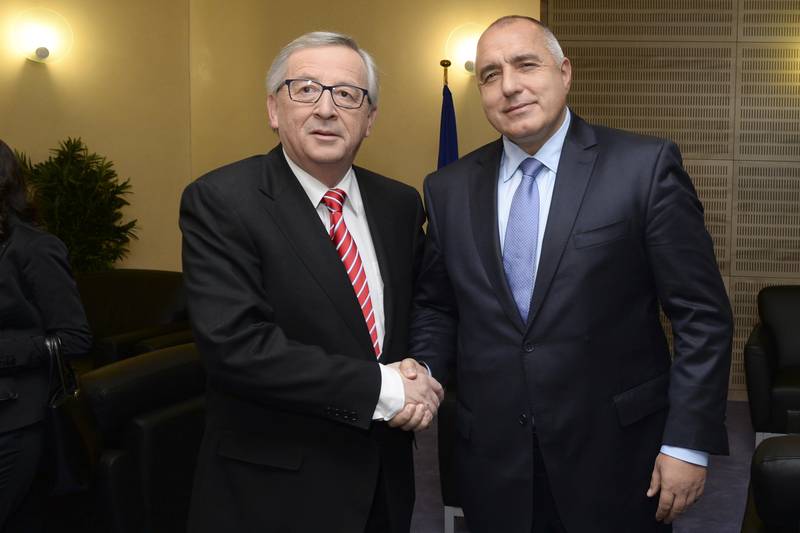Russia did not wait for Bulgaria for South Stream
Adelina Marini, October 20, 2009
 One telephone conversation, one visit and a total change of the geo-energy landscape only several hours before the visit of the Bulgarian minister of the economy, energy and tourism Traycho Traykov in Moscow. Late last night the Russian president Dmitry Medvedev held a telephone conversation with his Turkish counterpart Adbullah Gul who informed him that Turkey had already given all permissions necessary for geological research in the Turkish waters in the Black Sea for the construction of the South Stream gas pipeline.
One telephone conversation, one visit and a total change of the geo-energy landscape only several hours before the visit of the Bulgarian minister of the economy, energy and tourism Traycho Traykov in Moscow. Late last night the Russian president Dmitry Medvedev held a telephone conversation with his Turkish counterpart Adbullah Gul who informed him that Turkey had already given all permissions necessary for geological research in the Turkish waters in the Black Sea for the construction of the South Stream gas pipeline.
Today, the Russian head of state went to Belgrade from where he will go home with an agreement for the Serbian section of the pipeline. According to the agreed in our Western neighbour, two joint companies will be created in which Gazprom and Serbiagaz will share 51% and 49% respectively. By 30 days will be established the joint project company South Stream Serbia AG.
With these two not very abrupt movements, if we look at the map we will find out that Bulgaria has been bypassed. Whether this is tragedy or a good thing we will have to find out in the future. But  the fact is that South Stream has the support of large EU member states because its main goal is to avoid some hard to negotiate with transit countries, like Ukraine. But this does not solve the slightly larger problem with the diversification of the gas suppliers for Europe.
the fact is that South Stream has the support of large EU member states because its main goal is to avoid some hard to negotiate with transit countries, like Ukraine. But this does not solve the slightly larger problem with the diversification of the gas suppliers for Europe.
And if Europe has a great interest in having good relationship with Russia, not only because some of its member states are very dependent on Russian natural gas, Bulgaria might feel totally isolated ahead of the winter when the financial problems of Ukraine might lead to a repeat of the January gas crisis this year.
With these developments in the energy geopolitics in recent days, on the 22nd of October the Bulgarian minister of economy, energy and tourism Traycho Traykov will travel to Moscow to discuss with the deputy prime minister Sergey Sobyanin "the progress on clarification of the positions of the mutual energy projects after the meeting between minister Traykov and his Russian counterpart Sergey Shmatko on the 18th of September 2009 in Sofia", according to the press release of the Ministry of the economy, energy and tourism (MEET).
 But to get a better picture of the moods in Russia before this visit I will quote here the website EurActiv which makes an analysis of the Russian press on the topic. "Russia has obtained all the permits necessary to build its 'South Stream' gas pipeline through Turkish territorial waters, discarding Bulgaria as one of the project's transit countries. This happened on Monday in Milan in an event, which was hosted by Italian Economy Minister Claudio Scajola in Milan on Friday (19 October), eliminated Bulgaria as a transit country for the Gazprom-favoured pipeline, the daily writes. Bulgaria was also evicted from the Burgas-Alexandroupolis oil pipeline project", the EurActiv writes, quoting the Russian newspaper "Kommersant".
But to get a better picture of the moods in Russia before this visit I will quote here the website EurActiv which makes an analysis of the Russian press on the topic. "Russia has obtained all the permits necessary to build its 'South Stream' gas pipeline through Turkish territorial waters, discarding Bulgaria as one of the project's transit countries. This happened on Monday in Milan in an event, which was hosted by Italian Economy Minister Claudio Scajola in Milan on Friday (19 October), eliminated Bulgaria as a transit country for the Gazprom-favoured pipeline, the daily writes. Bulgaria was also evicted from the Burgas-Alexandroupolis oil pipeline project", the EurActiv writes, quoting the Russian newspaper "Kommersant".
This part of its analysis the Brussels based website has titled "Milan intrigue" because, initially, Russia went to Milan to discuss its possible involvement in the Samsun-Ceihan oil pipeline project, which is designed to bring crude from a Turkish Black Sea terminal in Samsun to the Turkish Mediterranean oil terminal in Ceihan, bypassing the Bosporus.
Obviously Russia, who initially was not very interested in the project, later had changed its mind, abandoning earlier plans to build the Burgas-Alexandroupolis oil pipeline, which would bring crude from the Bulgarian port city of Burgas to the Greek port of Alexandroupolis in the Aegean. With this move, the Russian prime minister Vladimir Putin gave a clear response to the new Bulgarian premier Boyko Borisov who recently told him that his government "needed time" to decide on major energy projects with Russian participation.
The conclusion that could be derived from these developments is quite unpleasant for Bulgaria because it reveals the lack of continuation in Bulgaria's foreign policy, its total division from the economy as well as the contradictory political messages. And as I mentioned earlier above, the EU definitely needs Russia and that is why it will do everything possible to protect its own interests by, in the same time, allowing Russia to guarantee its deliveries for the thirst for natural gas Europe. In this situation Bulgaria was the most affected country during the January gas crisis.
And if for the past 4 years Bulgaria had reasonable foreign policy but which suffered from a lack of transparency and desire for public discussions of important energy projects, now the situation is  even more desperate. With a foreign minister that will wait until the very last moment for her not quite big chances to become the next Bulgarian European commissioner and the uncertainty of the new minister of energy who beside the energy and economy is also responsible for tourism, thus making the profile of his position a little non-serious, the situation is getting even worse.
even more desperate. With a foreign minister that will wait until the very last moment for her not quite big chances to become the next Bulgarian European commissioner and the uncertainty of the new minister of energy who beside the energy and economy is also responsible for tourism, thus making the profile of his position a little non-serious, the situation is getting even worse.
There is no other way to call the reality, except an acute geopolitical short-sightedness, the impact of which will be estimated by history and by the economy in the future. But this short-sightedness deprives us of the quite comfortable thesis that this is our fate - always being the poorest EU member state which less and less even in the EU someone might need.
A large part of the history of the Russian-Bulgarian energy relationship you could read on the links to the right.
 Dalia Grybauskaite | © MSC/Koerner
Dalia Grybauskaite | © MSC/Koerner Maros Sefcovic, Miguel Arias Canete | © European Commission
Maros Sefcovic, Miguel Arias Canete | © European Commission Jean-Claude Juncker, Boyko Borissov | © European Commission
Jean-Claude Juncker, Boyko Borissov | © European Commission